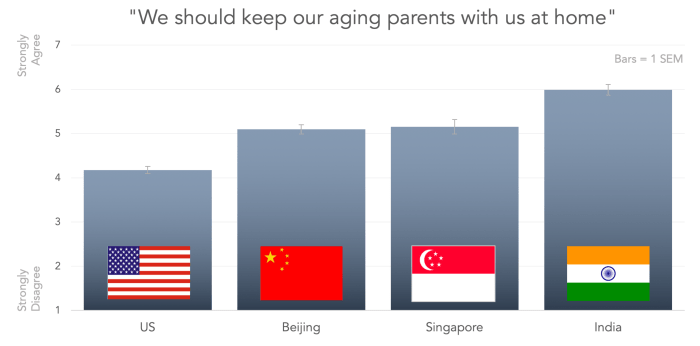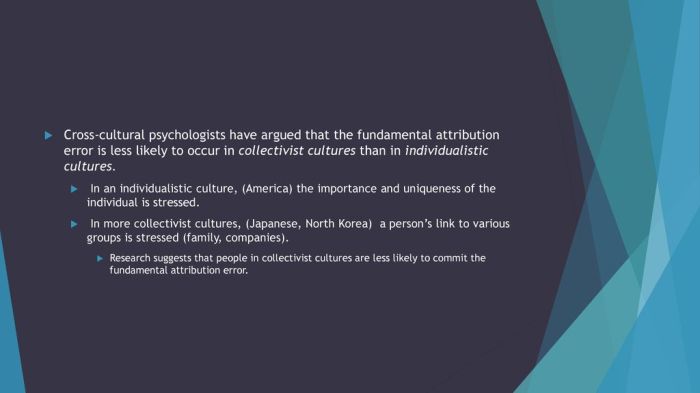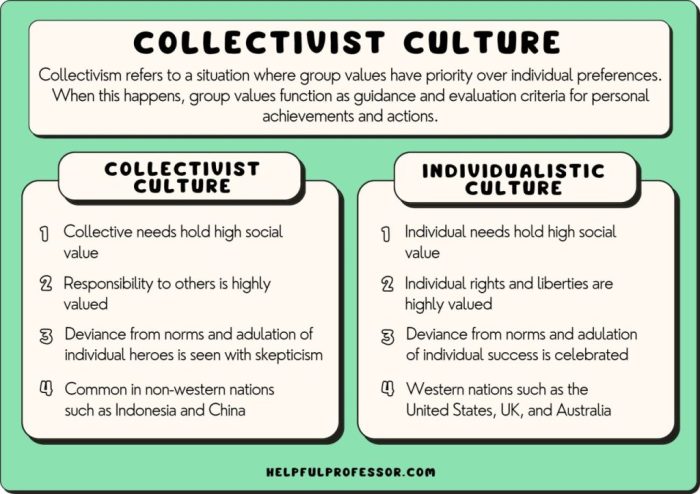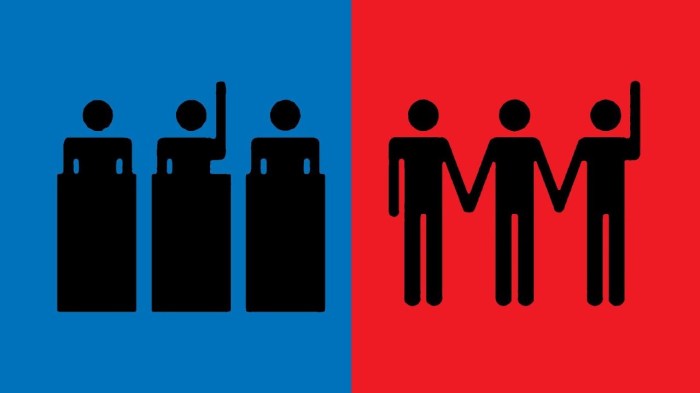All of the following are true regarding social loafing except… this intriguing statement sets the stage for an exploration of the exceptions to the general rule of social loafing. Social loafing, the tendency for individuals to exert less effort when working in a group, is a well-established phenomenon.
However, there are certain situations where this rule does not apply, and these exceptions shed light on the complexities of group dynamics.
This article delves into the factors that influence social loafing, its negative consequences, and strategies to minimize its impact. By examining the exceptions to social loafing, we gain a deeper understanding of the conditions under which individuals are more likely to contribute fully to group efforts.
Social Loafing Definition

Social loafing refers to the phenomenon where individuals exert less effort when working in a group compared to when working alone. This occurs due to a diffusion of responsibility, where each individual assumes that others will compensate for their reduced effort.
Factors Influencing Social Loafing

Individual Factors:, All of the following are true regarding social loafing except
- Low self-efficacy
- Low task importance
- High anonymity
Group-Level Factors:
- Large group size
- Lack of clear goals and expectations
- Lack of social cohesion
Effects of Social Loafing
Social loafing can have detrimental effects on group performance, including:
- Reduced productivity
- Lower quality of work
- Increased errors
Strategies to Reduce Social Loafing

Several strategies can be implemented to minimize social loafing and improve group productivity:
- Set clear and specific goals
- Create a sense of accountability
- Encourage peer evaluations
- Foster a positive and supportive group climate
Exceptions to Social Loafing
There are certain exceptions to the general rule of social loafing, including:
- When the task is highly meaningful or important
- When individuals have a strong sense of self-efficacy
- When the group is cohesive and supportive
Comparison to Other Group Phenomena
Social loafing can be compared to other group phenomena, such as:
Groupthink:
- Both involve a reduction in individual effort
- Both can lead to negative group outcomes
Social Facilitation:
- Social loafing occurs when effort decreases in groups
- Social facilitation occurs when effort increases in groups
Ethical Implications of Social Loafing: All Of The Following Are True Regarding Social Loafing Except
Social loafing raises ethical concerns, as it can lead to:
- Unfair distribution of work
- Diminished accountability
- Erosion of trust within groups
Real-World Applications of Social Loafing

Social loafing is prevalent in various settings, including:
- Workplaces
- Educational institutions
- Sports teams
Common Queries
What are the key factors that contribute to social loafing?
Individual factors such as low self-esteem and lack of motivation, as well as group-level factors such as large group size and anonymity.
How can social loafing be reduced?
Strategies include increasing individual accountability, fostering a sense of belonging, and making tasks more meaningful.